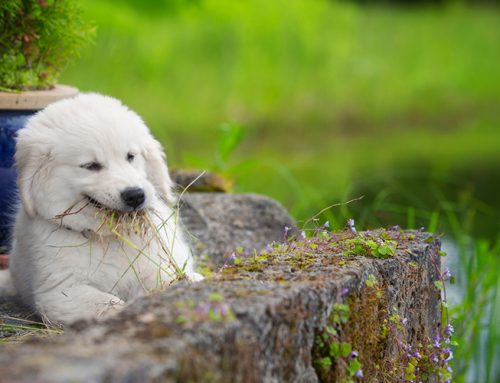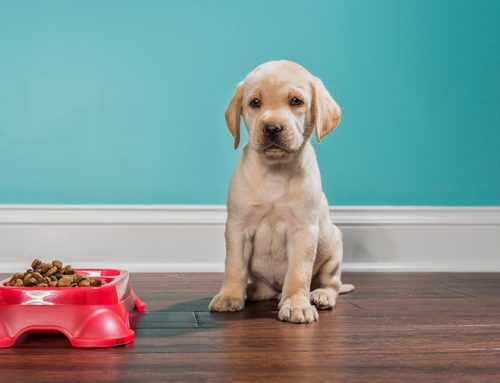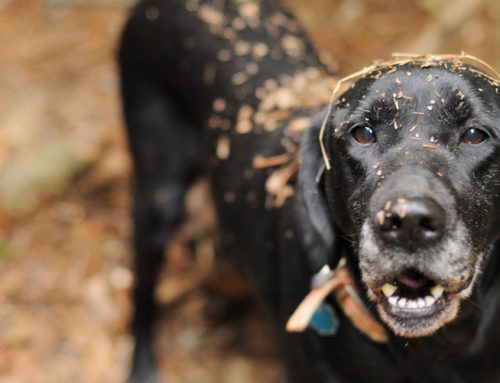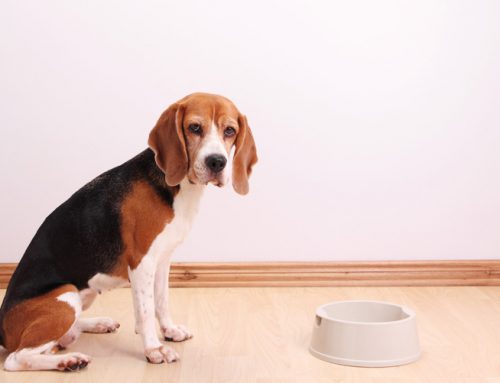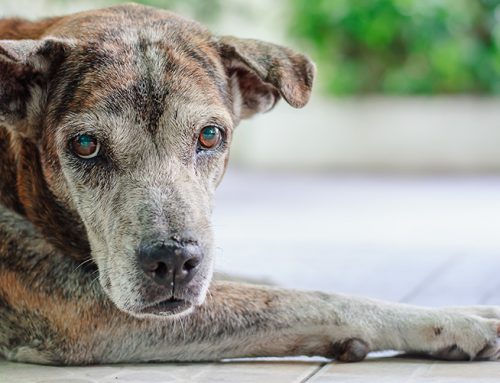What does it mean when your dog licks you?
Some dog owners love nothing more than a faceful of wet, doggie kisses. Others, not so much. Doggie breath isn’t always welcome.
Dogs learn licking from their mothers. This is how mothers get newborn pups to breathe after birth, and how mama cleans them. For dogs, licking is normal social behaviour.
Among dogs, licking can also be a cue that the pup wants mom to regurgitate her most recent meal. The jury is out about whether or not that is why dogs sometimes dart their tongues right at human mouths.
What compels dogs to lick their humans?
You taste great
Ever come in from a run or a hard workout and had your dog lick your knees, arms or your face? Anything they could get their tongue on? You taste great: salty and delicious. Or you may have some peanut butter or turkey remnants on your fingers from the sandwich you made for lunch. Dogs can’t resist food residue.
Your body lotion or preferred soap may also provide a tasty flavor for your dog.
Some experts also suggest that licking is also the dog’s way of trying to understand our moods “through the pheromones that we emit in our sweat.”
Your dog loves you
Licking is equated with affection. If you respond with a cheerful response, your dog may continue licking you because it likes the positive reinforcement.
But it’s also a way to get attention. A wet tongue on your arm or hand can break your concentration and put your focus right where your dog wants it: on her or him. If your dog is licking you when you get home, it could be interpreted as a greeting.
Licking can also be a way a dog communicates submission. This may be why dogs sometimes lick strangers — they want the person to know they aren’t a threat. Dogs smell strangers so they can remember them, and sometimes they take a quick lick for reinforcement.
Licking reduces stress or provides comfort
Dogs lick themselves to reduce stress. It’s a nervous habit, and one that sometimes transfers to their humans. It can be a way to self-comfort because licking releases endorphins.
There may be preferable behaviors to licking to reduce doggie anxiety. Exercise also releases endorphins and keeps a dog’s brain busy. If your dog is a busy licker, try taking it out for longer walks, or an extra outing during the day.
Licking is a compulsion
Some dogs lick compulsively. They lick themselves, they lick their owners, they lick the floor, they lick the furniture. They can’t stop licking and distracting them with treats or toys or attention does nothing to stop them.
If you’ve ruled out food or environmental allergies, which can cause itching and therefore licking, you may need to talk to your vet or an animal behavioural therapist, especially if your dog has licked so much it has bald patches or sores on its body.
You may also need to rule out anxiety or other medically significant reasons for obsessive licking with the help of a vet.
Don’t want to be licked by your dog?
Don’t reward licking with attention. If your dog keeps licking your arm, hand, or other limbs, leave the room. If you go to pet your dog and it licks you instead, walk away. Enough repetition and your dog will learn that licking means you leave, which your pooch doesn’t want.
Being licked by your dog isn’t usually a health risk. However, if you’re worried about the transfer of bacteria, keep your dog’s tongue away from your mouth or any open skin wound — especially if the dog has recently eaten raw food.

